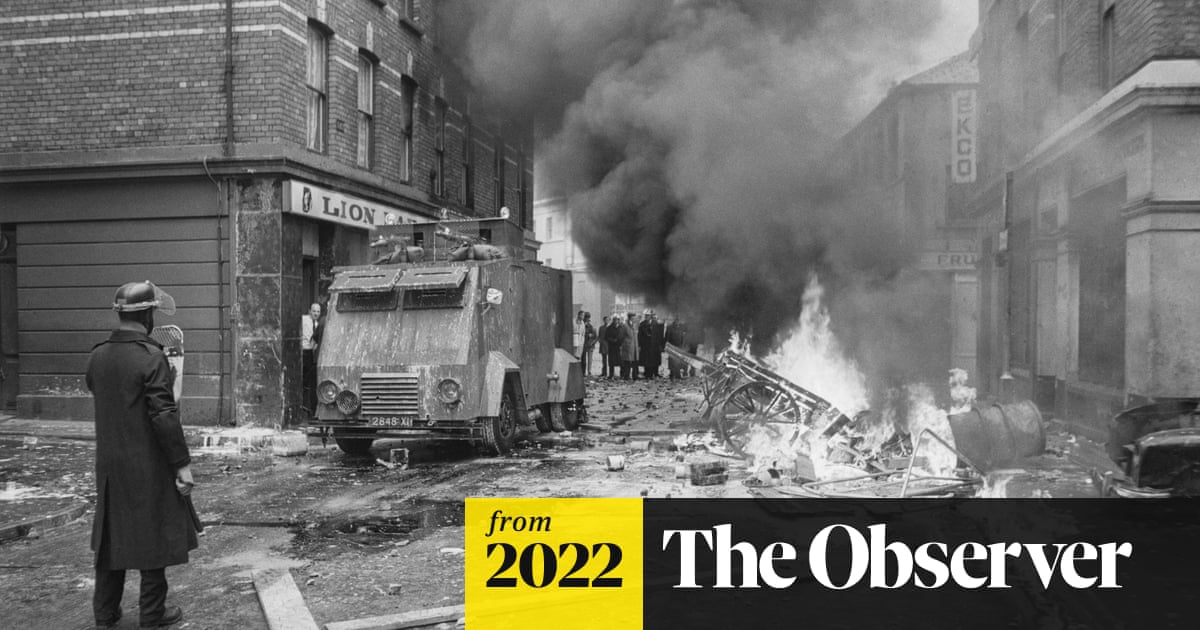Splits in paramilitary groups continued into the 20th century and beyond in Ireland.
Brendan Behan famously said that the first item on the agenda of a meeting of an Irish paramilitary/secret organisation was always the split.
Strangely in was the Scotts-Ulster side of my family in Longford who were in the IRB, not the Clare side who were Irish and not involved.
Surviving the split: Sinn Féin’s long road to independence from the IRA
After a century of friction, the party of Irish republicanism has finally rid itself of the whiff of sulphur and corditewww.theguardian.com
Irish Republicans were for the most part not socialists and were for the most part fairly conservative.
Amusingly, the quote that "when three Fenians meet, there are two informers" is an apt one for why the Fenians failed so often. They were so riddled with government informants and turn coats is amazing they ever got anything actually done.
Though, they do seem to have split a lot for non-socialists. Monty Python's The Life of Brian might well describe the early IRA and Fenians when it talks about splitters...

